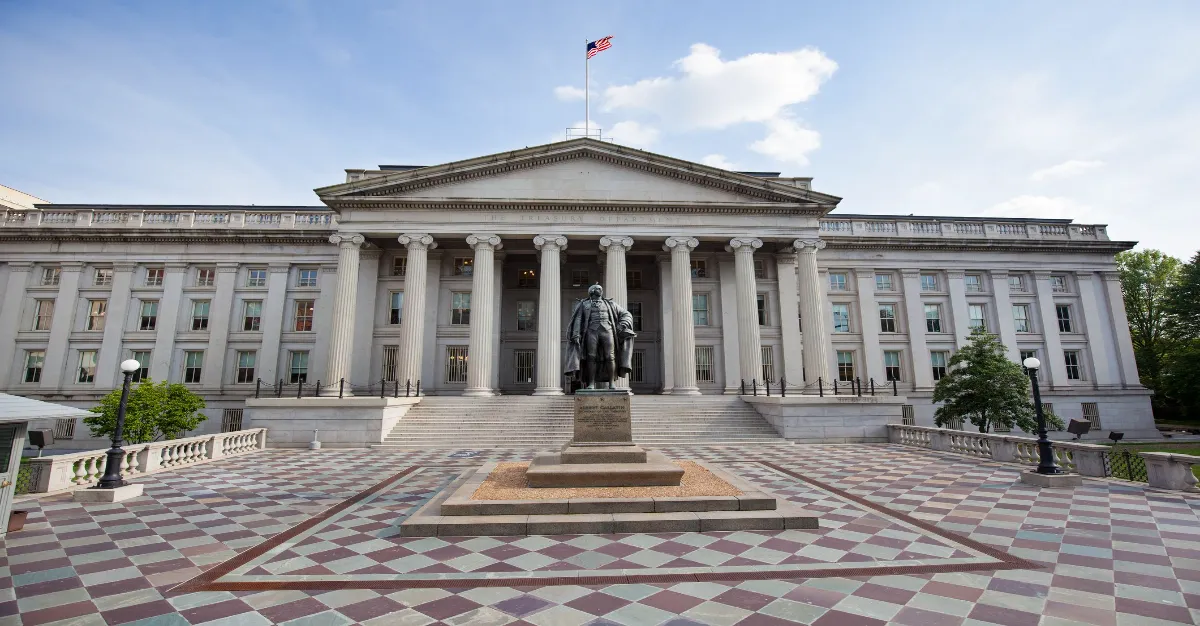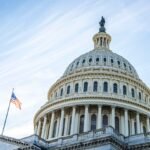US Treasury Sanctions First Crypto Mixer – The Office of Foreign Assets Control (OFAC) of the United States Department of the Treasury stated on Friday that cryptocurrency mixer Blender.io (Blender) has been sanctioned. The Democratic People’s Republic of Korea (DPRK) uses this mixing service, according to the OFAC, “to promote its destructive cyber activities and money-laundering of stolen virtual currency.”
According to the release, on March 23, the Lazarus Gang, a North Korean state-sponsored cyber hacking group, carried out the world’s greatest cryptocurrency heist to date, stealing about $620 million from a blockchain project tied to the online game Axie Infinity. The OFAC further stated:
“Over $20.5 million in illegal revenues were processed using Blender.”
Also Read: Spanish Securities Regulator Orders Binance to Stop Offering Cryptocurrency Derivatives
On September 13, 2019, the OFAC sanctioned the Lazarus Group, identifying it as a “government of the DPRK agency, instrumentality, or controlled entity,” according to the announcement. The group’s “connection to the US- and UN-designated Reconnaissance General Bureau, the DPRK’s primary intelligence outfit” led to the designation.
Brian E. Nelson, Under Secretary of the Treasury for Terrorism and Financial Intelligence, said:
“Treasury is approving a virtual currency mixer for the first time today.”
Blender also facilitated money laundering for Russian-linked ransomware gangs such as Sodinokibi, Conti, Ryuk, Trickbot, and Gandcrab, according to the OFAC investigation.
The US Treasury Department clarified the situation:
“While most virtual currency activity is legal, mixers, darknet markets, peer-to-peer exchangers, and exchanges can be used for illegal activities, such as sanction evasion.”
Also Read: Georgia to Unveil New Cryptocurrency Law by This Fall
The Treasury stated, “This includes the facilitation of heists, ransomware scams, and other cybercrimes.”
According to the notice, all Blender.io property and interests in property in the United States, or in the ownership or control of U.S. individuals, are blocked and must be reported to the OFAC.
Furthermore, any entities held 50% or more by one or more blocked individuals are also blocked, as are all transactions involving specified or blocked individuals by US persons or within the US.




